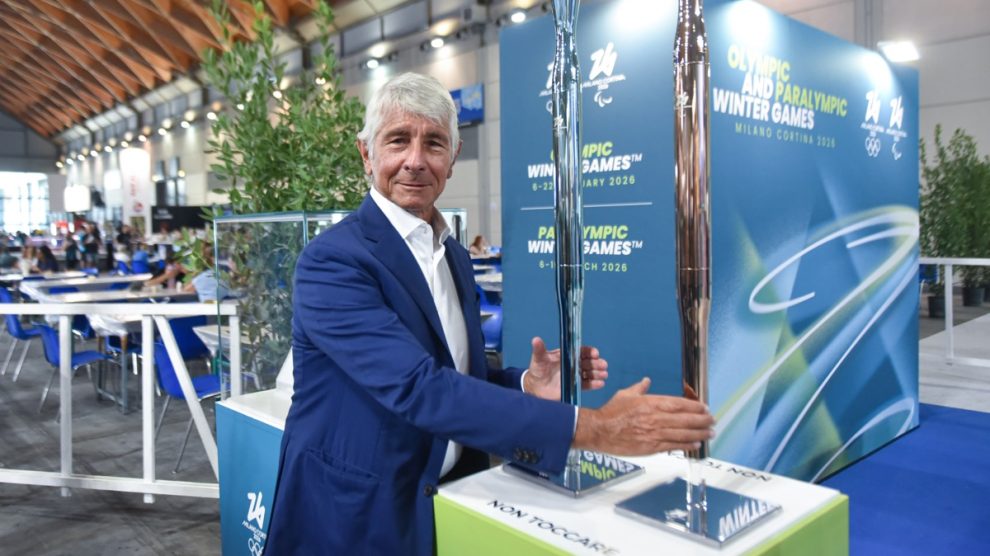The big picture. Italy’s Minister for Sport, Andrea Abodi, provoked a reaction from the Russian embassy after raising the issue of a potential exclusion of Israel from the Milan-Cortina Winter Olympics.
What happened. Speaking with journalists yesterday, Mr Abodi said he was against the possibility of excluding Israel, arguing that this is “the phase in which diplomacies must be increasingly incisive.”
- If the normal participation of Israeli athletes were not allowed, “I think it would take a further step backward with respect to the function of sport, which must unite rather than divide.”
- When asked about the difference in treatment of Russian athletes, Abodi said: “Russia was a much bloodier, much more aggressive affair, affecting the sovereignty of a nation that needed to be supported, supported and defended.”
It’s not a classification of wars according to a level of brutality: “All wars are equally brutal, and Israel’s indiscriminate actions against Palestinians have already been stigmatized as wrong by Rome,” explained an Italian government source requesting anonymity.
- Abodi’s reasoning can be interpreted through the lens that distinguishes Russia’s unprovoked aggression from other scenarios where a state responds to an attack, the source added.
- Hence, the implicit rationale for harsher measures against Moscow.
Russia’s reaction. In a long, caustic statement, the Russian embassy in Rome called Abodi’s intervention a textbook example of Western “double standards.”
- It criticised the application of such judgment solely to Russia and questioned whether the same criteria are used for other conflicts.
Context. The IOC is currently reviewing the potential participation of Russian and Israeli athletes in the Milan-Cortina Games.
- Italian IOC Executive Board member Ivo Ferriani stated that the issue will be discussed at the upcoming meeting in September.
- The final decision could mirror the approach taken for Paris 2024: participation without flags or national symbols for athletes involved in wartime contexts.
Why it matters. Abodi’s remarks highlight the difficulty of reconciling diplomatic consistency, sporting principles, and international realpolitik—especially as sports increasingly become a symbolic battleground among states.
- Anyway, Russia continues to seize every opportunity to level accusations and insinuations against the West.
- Italy, in particular, has long been a target of these hybrid operations, ranging from diplomatic posturing and disinformation campaigns to broader influence strategies.
- Going beyond Minister Abodi’s words, Russia tries to use the call for double standards to urge dissent against the government from the most critical opposition positions, which challenge Italian support for Kyiv and criticise Israel as forms of militant anti-Westernism





